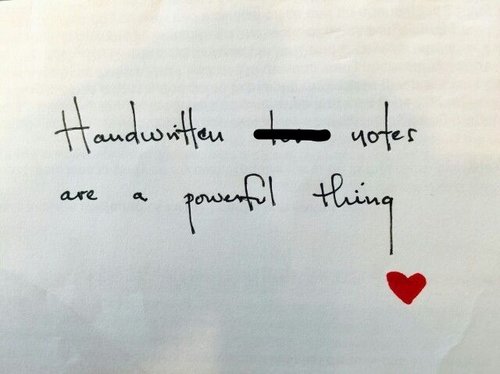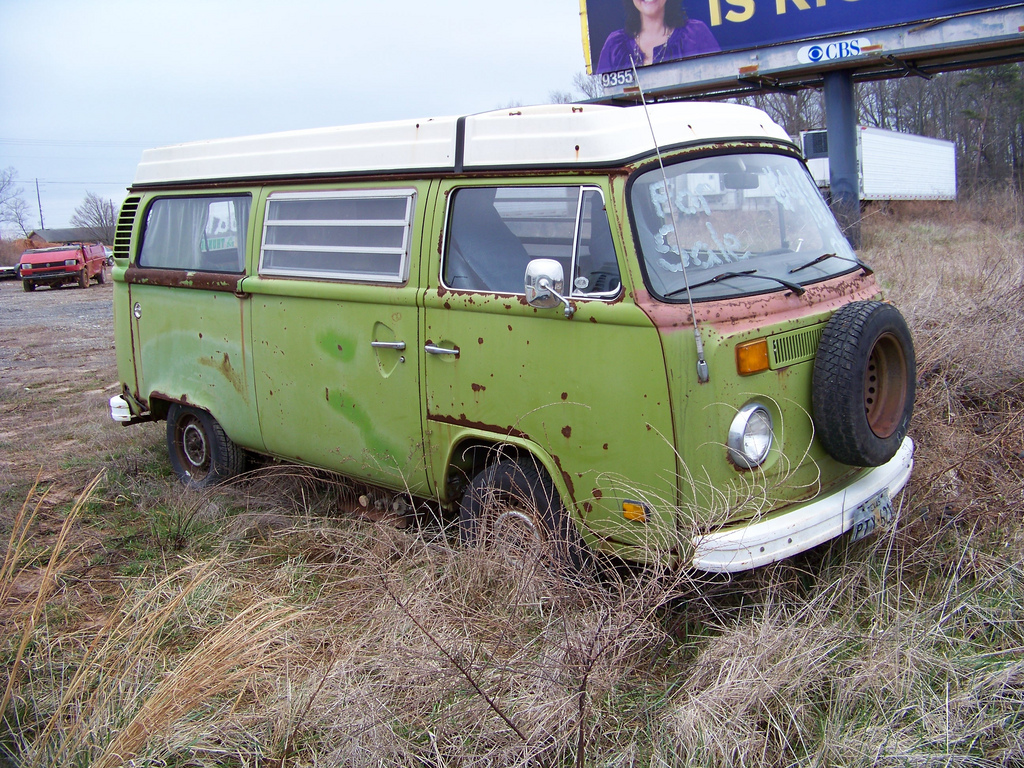The moon still bathed the snow-covered trees with a soft glow when Katie woke. She wiggled with excitement. It was finally here, the day she had been waiting for all year long. Today, the house would fill with aunts, uncles, cousins, and grandparents–everyone gathered for this special day.
But the best thing about today was the food. There would be a feast, the likes of which had not been seen for twelve months. There would be a ham and a roast, mashed potatoes and gravy, rolls with creamy butter, green beans and corn, salads and pies, cookies, punch, eggnog… anything and everything you could possibly imagine spread out on the table.
Today was Christmas Day, and Katie couldn’t wait for it to begin. In fact, she’d make it start right now. She jumped on Sam’s bed, and then raced down the hall to to do same to the twin’s beds. Once Tiffany and Tessa woke up, there was no stopping it. Mother and Father stumbled from their room and the whole family gathered in front of the Christmas tree. Piles of presents drifted from beneath its twinkling boughs.
Katie ripped into her gifts with giddy glee. Wrapping paper flew about her like a snow storm. The whole family laughed, and Katie plopped on the floor, laying her head on her new stuffed animal with a blissful smile on her face.
The last breakfast dish rattled into the dishwasher just before a sharp knock on the front door brought squeals of joy from the kids. The relatives were here! Mom opened the door and in blew Great Uncle Walter and Aunt Bess, bringing with them the cold, crisp smell of a winter’s day.
“Isabel!” boomed Uncle Walter as he smothered Mom in a bear hug. “Merry Christmas, my dear.” He grinned down at Katie. “Hello, Katie,” he said and patted her head.
“Uncle Walter, Aunt Bess. Here, let me take your coats.”
Uncle Walter tucked his hat, scarf and gloves into the pocket of his great coat and handed it to Mother. “Isabel, dear,” Aunt Bess said in her creaky voice, “I’ve left the pies out in the car.”
Mother’s eyes lit up. “I’ll send John out for them. I hope one of those pies is cherry. Nothing beats your cherry pies.”
Aunt Bess clucked. “Just for you, dear.”
Mother laughed and whirled away with the coats. Katie followed Uncle Walter into the kitchen. He took a glass from the counter, opened the fridge, and poured a generous amount of eggnog into his cup. He took an appreciative sniff and winked at Katie. “Now don’t you be telling Isabel that I’ve started in on the eggnog. She thinks I drink too much of it already.” He took his glass into the living room and settled on the couch next to the fireplace.
Katie grinned. She’d watched Mother make an extra batch of eggnog just last night, muttering about Uncle Walter all the while. But she’d been smiling when she rearranged the fridge so the pitcher of eggnog was in front. And when she set the glasses on the counter she winked at Katie and said, “That should make it a little easier for him to sneak something to drink.”
Before long, the house was full of chatter and laughter. Kids dashed about, playing with their new toys. Adults caught up with the details of each other’s lives. And Katie weaved in and out of the crowd, lapping up attention.
“Look how tall you’ve gotten, Katie!”
“Aren’t you a pretty girl!”
“Oh, Katie. I’ve missed you!”
With each addition to the party came more of the wonderful food. The rich aroma of baking ham came in with Grandma Sue. She always half-baked the ham at home and let it finish cooking here. Cousin Ellen brought her crock-pot and set it on the counter. Soon the scent of roast beef mingled with the salty smell of ham. Uncle Greg brought a green bean casserole, the mushroom soup bubbling under the French onions. He was a bachelor and prided himself on his skill with this casserole, and since it was his only talent in the kitchen, he was asked to bring it every year. Soon the yeasty smell of Mother’s rising rolls joined the other aromas wafting from the kitchen.
Katie licked her lips trying to taste the wonderful smells. She followed her nose into the kitchen. The room was a hive of activity. The granite-topped island was white with flour as the women mixed sugar cookie dough, rolled it out, and cut it into Christmas shapes with cookie cutters. Most of the cookies would be given to friends and neighbors, but a large platter would be left on the table for everyone to share.
Already there were two sheets of cookies cooling on racks at the end of the table. Katie moved closer. Their buttery smell surrounded her as she inched her nose even closer. Maybe she could have just a tiny taste.
“Katie! No!” Mother’s voice broke the spell. Foiled, Katie moved away, and Mother went back to mixing the frosting.
“Could someone hand me some flour, please?” Cousin Ellen asked the room at large. Katie could see Cousin Ellen up to her elbows in cookie dough. Maybe Katie could help! A big bag of flour rested against the side of the island. Katie tried to slide the bag over the Cousin Ellen, but it didn’t slide. In slow motion, the bag tipped onto its side, spilling flour all over the floor like drifted snow.
Katie cringed and squeezed her eyes closed waiting for the scolding she was sure to get, but nothing came—no harsh words, no cries of dismay. Katie slowly opened her eyes and peered around. Everyone was busy. No one had seen! All she had to do was clean up the flour, and no one would ever know what had happened.
She started pushing the flour back toward the bag, but the more she pushed, the more the mess spread. If she couldn’t get the flour back in the bag, the next best thing was to get herself as far from the mess as possible. Katie casually ran toward the kitchen door.
“What in heaven’s name—” Mom began, and then, menacingly, “Katie!”
Katie stopped where she was and looked back, batting innocent eyes. Maybe she could fool Mother? But no. Her heart sank as she looked at the incriminating flour tracks behind her. The trail started at the flour bag and ended right at her own feet! She sighed and carefully shook each foot, then made her way out of the room, her head low, leaving the delicious smells behind.
In the hall, her nose caught another delightful aroma. Popcorn. She followed the smell to the playroom where children were stringing popcorn and cranberries to make a garland for the tree. Katie looked around at all the smiling faces. This was where she belonged; she would be able to help here. She walked over to the popcorn bowl but didn’t see the abandoned needle lying on the floor, waiting for an unwary foot to cross its path. She howled in pain, scrambling away from the sharp pain. In her haste, she stepped in the bowl sending popcorn flying into the air. The bright laughter faded and was replaced with accusing voices. “Oh, no, Katie! No, no!”
Katie ran blindly for the doorway, tripping over garlands and squashing cranberries. She ran down the hallway, followed by a chorus of complaints. She slunk into the living room. There was Uncle Walter, napping on the couch, his empty eggnog cup sitting on the end table.
Katie climbed onto the couch and curled up next to him. She could always count on Uncle Walter—he was never mean or short-tempered. She rested her head on his arm. He smelled like peppermint. Peppermint and eggnog. She smiled. She could feel the heat of the fire and smell the cedar logs burning, the sap popping and crackling. The lights of the Christmas tree twinkled softly, the scent of its boughs filling the air with soft memories of years past. She heaved a sigh and closed her eyes. Everything was right with the world again.
Uncle Walter woke with a snort. Katie lifted her head. “Sorry, Katie, but I need to get up and…. Well, never you mind what I need to do, but I’d better not do it here or Isabel will skin me alive.” He got to his feet and took a few shaky steps. He stood blinking and swaying. “I think maybe I’ve had too much eggnog. Whadya think, Katie?” he slurred.
Katie watched nervously as he tottered past the fire, his arms held out for balance. He was almost past the fireplace when he suddenly swerved right toward the flames.
Oh no! Katie slid off the couch and ran straight for Uncle Walter. She crashed into him, sending him flailing backward, arms wind-milling, eyes wide and panicky. What happened next seemed to take place in slow motion. Katie watched in horror as Uncle Walter wildly reached for something to hold onto. He found the Christmas tree. Clinging to the prickly branches, he finally regained his balance, but was too late for the tree. It fell, with the crunch of smashing bulbs, right into the fire.
The water from the tree stand gushed across the carpet. The papier-mâché star Mother had made when she was a little girl disappeared in a puff of smoke. The lace snowflakes, tatted long ago by some ancestor, began curling at the edges. The clothespin soldiers Uncle Walter crafted wore hats of flame. The plastic drums, a gift from Uncle Greg last year, began to melt.
Father was the first to come rushing through the door, drawn by the crash of the tree and Uncle Walter’s cries of distress. Father pulled the tree out of the fire and left it smoking on the hearth. He stamped on the flaming ornaments, putting the soldiers out of their misery.
More people came to investigate, and sympathetic murmurs floated through the air as Uncle Walter told his tale. “It’s all my fault,” he said with a sheepish look at Mother, “I might have had too much eggnog.” He didn’t mention Katie at all, but she could tell what they were thinking: she had ruined everything else, there was no doubt this was her fault, too.
She went into the entryway and sat in a corner. Christmas was ruined. It didn’t even smell good anymore—it smelled like smoking boughs and melted plastic and wet carpet. She heard Mother and Cousin Ellen sweep up the ruined ornaments, and Grandma Sue cluck as she soaked up the water with a towel.
No one came to play with Katie. She put her head on her knees and sighed.
Father suggested turning on some Christmas music. Cousin Ellen said that sounded good so long as Uncle Water promised not to dance with any more pine trees. Mother laughed. The crisis was over. She and Aunt Bess went into the kitchen to make gravy. Uncle Greg was roped into mashing the potatoes. Gradually the house became joyful again, and the final flourishes were put on the feast.
At last, Father called everyone to dinner. Katie slunk into the dining room. Platters of meats, baskets of rolls and colorful casserole dishes loaded the table. Eyes sparkled as people sat. Lips smacked as rich scents were smelled. An expectant hush filled the air. But Katie didn’t enjoy any of it. All she could think about were the mistakes she made today.
Father welcomed everyone and thanked them for coming. He asked Uncle Greg to say grace, and Mother offered her own thoughts about family and the true meaning of Christmas.
Just as she was finishing, Cousin Ellen let out a shriek. “Rat! Rat!” she screamed. “There’s a rat in here!”
Uncle Greg squealed and leaped onto a chair. The women began to wail and grab their children, pulling them to the safety of the living room. Father rushed for the broom. Uncle Walter bellowed for his rifle.
Grandma Sue pointed to the corner. “There it is!”
A fresh round of screams was followed by a tense silence as Father bravely advanced, waving the broom menacingly at the gray beast.
“Be careful, John.” Mother’s voice quavered.
Aunt Bess fainted.
The rat’s feral eyes gleamed as it bared its sharp, yellow teeth. Its head darted from side to side, as it backed further into the corner. Father moved closer. Suddenly, the rat ran to the right, dodged to the left, and dashed straight at Father. Father was caught off guard. He raised his broom and swung for the rat. The broom’s bristles sailed harmlessly over its back as the sturdy wooden handle continued its arc and smashed into Uncle Greg’s shins.
Katie watched the scene in front of her with big eyes. Everything seemed to slow down. Uncle Greg was howling in pain. Mother was slapping Aunt Bess’s cheeks to wake her up. Uncle Walter was still roaring for his rifle, and Cousin Ellen was shrieking like a tea pot. In the midst of confusion, the rat took a mighty leap and launched itself straight toward the table.
In an instant, Katie saw all her dreams of Christmas dinner ruined. No roast, no ham, no potatoes and gravy. What would her family do? She couldn’t let it happen. Father was still trying to separate the broom from Uncle Greg; he wouldn’t be able to stop the rat in time! It was up to Katie.
She bounded toward the table, vaulted over the prostrate form of Aunt Bess, skirted Uncle Greg and leaped at the rat. She caught it midair, her teeth closing over its large body. Hot blood flooded her mouth as the rat struggled. She landed in front of Uncle Walter, shaking her head sharply to stop the rat’s movements.
She laid the rat on the floor and looked up at Uncle Walter. He smiled at her and scratched behind her ears. “Good girl, Katie. You saved Christmas dinner. Although, I still wish I’d had my rifle.” He winked at her.
Katie grinned, her tongue lolling out. A large group, all eager to scratch her belly and tell her how brave she was soon surrounded her. Father got some newspaper and picked up the rat. Aunt Bess finally woke and, once assured that the rat was no longer a danger, consented to find a seat at the table. Uncle Greg accepted Father’s apology and limped to his chair.
Soon everyone sat around the table. Mother tapped on her glass with her fork to get everyone’s attention. As soon as it was quiet, she turned to Katie, who had returned to her corner, her chin lying hopefully on the wide lip of her dish. “Katie, come here,” she said sternly.
Katie obediently padded across floor.
“Katie, you’ve made one big mess after another today. You’ve been into the flour, the popcorn and the Christmas tree.” She shot a glance at Uncle Walter, who looked guiltily at his plate. Katie hung her head and waited for the order to spend the rest of the day outside. “And now you’ve killed a rat in my dining room,” she paused and then smiled, “and saved Christmas dinner.” She picked up her plate. “And so, I’m dedicating this first plate to the bravest and best dog a family could ever ask for—Katie, the Rat Slayer!”
Mother put a slice of ham on the plate and passed it to Father who added potatoes and gravy. The plate went around the table, each person adding a tasty morsel. Soon the plate was loaded. Mother set it on the floor. Katie stood over the plate for a moment, just breathing in the aroma of love and family and forgiveness, before she buried her nose in the best Christmas dinner ever.






